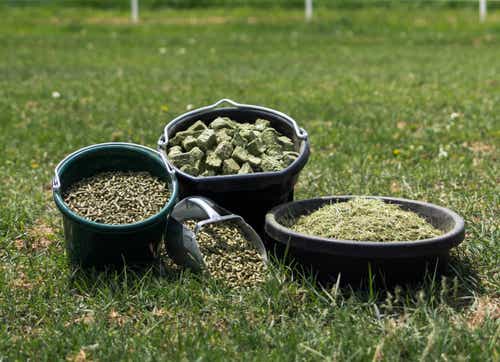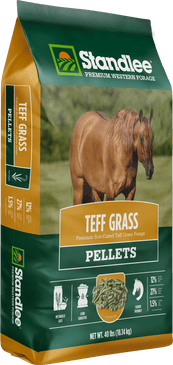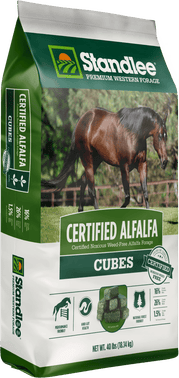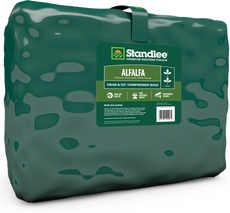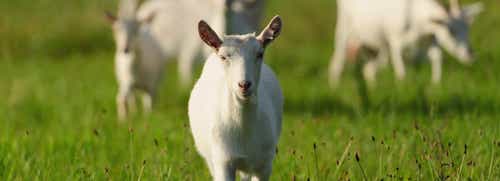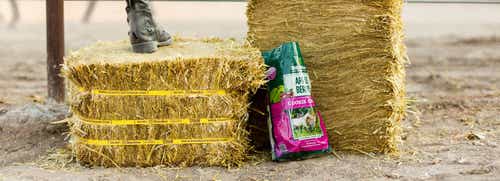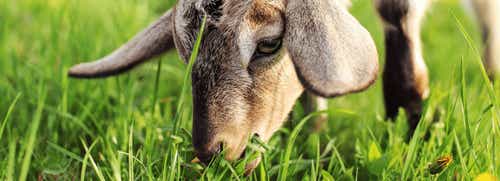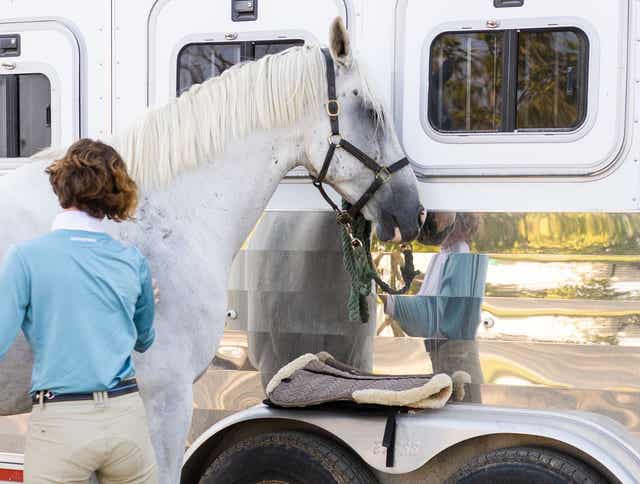
Summer Travel: Tips for Traveling with Horses
Traveling with horses can be a thrilling experience, but it also requires meticulous planning and preparation. Whether you're on your way to a competition, going for a trail ride, or relocating, our expert tips for traveling with horses will guide you in ensuring a smooth journey for your equine partner.
Prepare Your Horse for Travel
Evaluate your horse to ensure they are in good health mentally and physically for the trip.
Prior to travel it is a good idea to monitor your horse’s hydration and food intake. Offering them electrolytes and adding additional water in their feed are some great ways to ensure their hydration needs are met.
It is important to make sure they are up-to-date with vaccinations and deworming. These preventive measures protect your horse from diseases and internal parasites they could encounter while traveling.
Don't forget to pack essential equipment and supplies for the journey. These include a well-fitted halter, lead rope, water buckets, hay nets, and a first-aid kit. Packing your horse’s hay type in the form of pellets or cubes is a great way to save space, keep your trailer tidy, and offer premium forage during their travel.
Ensure Safe and Comfortable Horse Travel
When you're traveling with horses, their safety and comfort are paramount. Here are some tips:
- Select the right trailer that offers ample space, good ventilation, and features like padded walls and floors for a comfortable journey. Regular inspections and maintenance of the trailer are essential to prevent any mishaps during horse travel.
- Secure your horse using a trailer tie designed for horses, ensuring it allows for some movement without being too loose or too tight.
- Provide enough bedding for cushioning and moisture absorption, and ensure good ventilation by opening windows or vents for fresh air circulation. These steps can make traveling with horses safer and more comfortable.
Plan Your Travel Route and Stops while Transporting Horses
Planning your travel route and stops is a crucial part of transporting horses. Here are some tips:
- Research horse-friendly routes and rest areas before you set off. Look for roads with wide shoulders or designated horse trails, and rest areas that offer horse-friendly facilities. This is an important part of how far a horse can travel in a day.
- Schedule regular breaks for your horse to stretch their legs and hydrate. Frequent stops prevent muscle stiffness and dehydration, essential considerations when traveling with horses.
- If your journey requires an overnight stay, find accommodations that welcome horses. Look for places that offer suitable stabling or turnout options for your horse. These are some more tips for traveling with horses.
Maintain Your Horse's Nutrition and Hydration while Traveling
Attending to your horse's nutrition and hydration needs is crucial when traveling with a horse. Here are some tips:
- Ensure you have enough forage and water for the trip. Remember, forage is a vital component of a horse's diet, so pack enough food for the journey. Make sure your horse always has access to water at all times.
- Stick to your horse's regular feeding schedule as much as possible to minimize potential digestive issues. This is a crucial part of ensuring your horse can travel as far as possible in a day.
Prioritize Safety and Security During Horse Travel
When traveling with horse, safety and security should be your priority. Here are some tips:
- Drive defensively, obey traffic rules, and maintain a safe speed. Avoid sudden braking or sharp turns which could cause your horse to lose balance during horse travel.
- Inspect your trailer's safety features before departure. Check the brakes, tires, lights, and hitch to ensure they're all in good working condition. This is a crucial part of transporting horses safely.
- Be prepared for emergencies. Keep a list of emergency contact numbers, including your veterinarian, on hand. Also, stock your trailer with a well-stocked equine first aid kit. These are more tips for traveling with horses.
Monitor Your Horse's Well-being while Traveling
Monitoring your horse's well-being during horse travel is essential. Here are some tips:
- Watch your horse for signs of stress or discomfort. Horses may exhibit nervousness, excessive sweating, or increased breathing during travel. Attend to any unusual behavior promptly. This is a crucial part of ensuring your horse can travel as far as possible in a day.
- Provide regular breaks for exercise and grazing. Long hours in a trailer can be stressful for horses. Schedule frequent stops for your horse to stretch their legs, walk around, and access fresh water and grazing if possible. These are more tips for traveling with horses.


